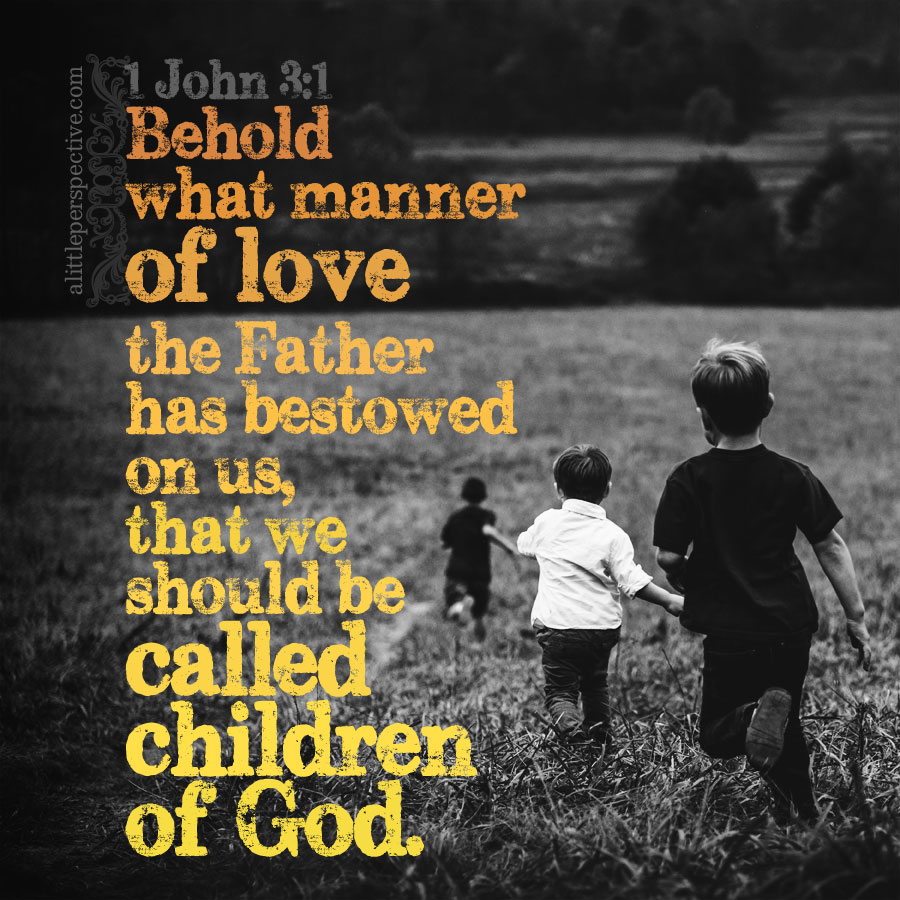Read 1 John 3 here (text coming …) or at Bible Gateway.
1 John 3:1-24 Chiastic structure:
Who’s ready for some Greek grammar today? John often uses a specific Greek verb form in his gospel and epistles that indicates an ongoing, continuous, or habitual action. This form emphasizes a lifestyle with actions as ongoing states that persist over time.
Why does this matter? Verse 6 in the NKJV says,
Whoever abides in Him does not sin. Whoever sins has neither seen Him nor known Him.
But in the Greek, the verbs ‘abides,’ ‘does not sin,’ and ‘sins’ are in this continuous action form. If we were to render the full meaning of the Greek into English, it would say,
Everyone who abides in Him, and continues to do so, does not continue in sin; everyone who sins, and continues to do so, has not seen Him nor known Him.
Just so, the same Greek grammar applies in the B pair, of those who either practice or do not practice righteousness as an ongoing, continuing, or habitual action. John is describing a persistent lifestyle—either of abiding in Him, that is, continuing with Him, tarrying with Him day after day, or sinning day after day, habitually.
We all stumble from time to time. Earlier, John said that the one who says they do not sin is lying (1 Joh 1:8). But here, John is repeating some wisdom from Jesus: A bad tree cannot produce good fruit, and a good tree cannot produce bad fruit. You shall know them by their fruit (Mat 7:17-20).
If there are questions, this is a good resource:
The Principle of the Seed − Brad Scott
JOHN’S EPISTLES INDEX OF STUDIES | BIBLE FOR BEGINNERS ARCHIVE


















Leave a Reply